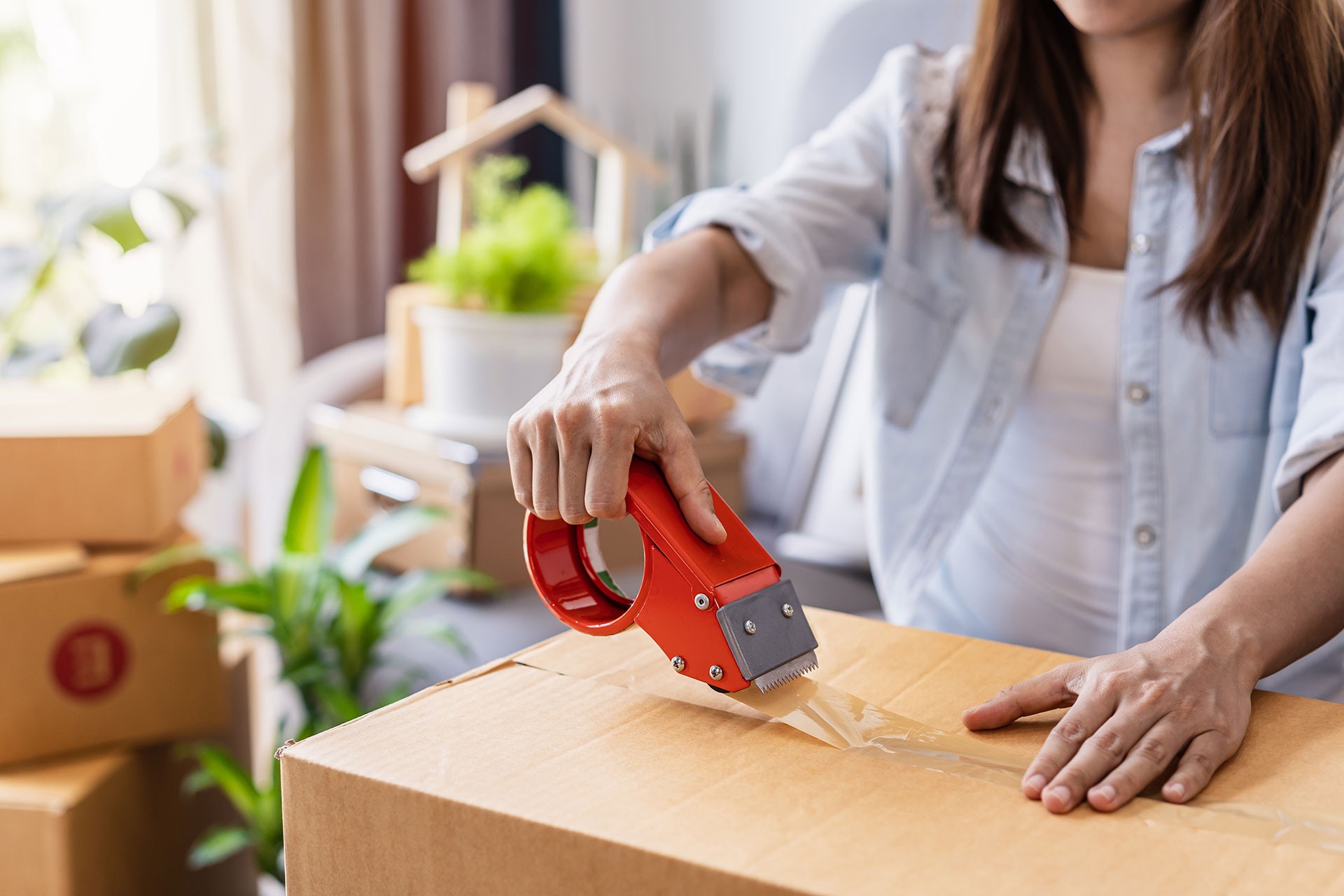This article was originally published in The Gazette.
Opinion: We need better solutions for Moving Day waste
Let's think outside the (recycling) box and study how AI could be used to help manage the mountains of unwanted household items.
A mattress is discarded on the sidewalk after Moving Day in Montreal. Changing our behaviours around consumption and reuse is as necessary to reach climate change goals as changing our energy sources, writes Concordia public scholar Faisal Shennib. Photo by Dave Sidaway /Montreal Gazette
Mountains of Moving Day waste in Quebec reveal the hidden sustainability problem of household goods. Data could keep these out of the landfill.

Each moving season in Quebec, the equivalent weight of 10,000 elephants in furniture, appliances and other household items are tossed to the curb. Trash2Treasure is an innovative Montreal-based initiative trying to make a difference; it salvages items in the Milton Park and Plateau neighbourhoods in April and July and donates them to community groups for redistribution to people in need. However, despite collecting and redistributing six tonnes last year, its reach pales in comparison to the estimated 50,000 tonnes of waste created by about 200,000 movers in Quebec during this period.
Trash2Treasure, though wonderful, is a Band-Aid solution; it mitigates the impact, but doesn’t address the root causes or systemic issues to make a real dent in the problem.
The truth is, we buy more things than we need. And we struggle with what to do with those things when we don’t need them. If items aren’t worth selling and we lack the time or the means to donate or recycle them at ecocentres, storage is the path of least resistance.
Researchers have focused their studies on the more visible waste types and waste-related behaviours, especially recycling consumer packaging and sorting food waste for compost. But recycling is not the miracle cure we once thought. It’s increasingly clear how essential it is we adopt reuse behaviours, which, unfortunately, are critically understudied.
Changing our behaviours around consumption and reuse is as necessary to reach climate change goals as changing our energy sources. A 2021 study by the Ellen MacArthur Foundation estimated that 45 per cent of global greenhouse gas emissions are related to material production.
The problem is that reducing and reusing don’t have clear steps like curbside recycling; there isn’t a bin outside each home to collect items for reuse. People must navigate this process themselves. To sell your household goods, you must operate what feels like your own mini e-commerce business through eBay or Kijiji or haul items over to a donation drop-off bin, which may not even accept non-clothing items.
More local bins, reuse centres and municipal policies that discourage landfilling could go a long way.
But one of the least costly investments could be data systems. Imagine using smartphones to connect citizens who have items with those who need them. We shop online as our default because Amazon conveniently delivers what we need. Reuse initiatives able to match that level of convenience would be a game-changer. Instead of artificial intelligence nudging us to buy more, it could alert us when neighbours are disposing items we need and incentivize participation in the exchange of used goods.
A circular economy is often framed as a potential for new businesses to emerge, but we must also recognize the need for and benefit of social investments that are not profit-driven. For example, Concordia University’s Centre for Creative Reuse saved community members an estimated $100,000 during the last academic year. A small team staffs a depot that takes in unwanted items collected from both campuses. Anyone is welcome to visit and “shop” for free or low-cost items. This benefits the community more than the institution, making its cost-benefit accounting an unconventional exercise.
However, projects like this are currently stopgap solutions, just like Trash2Treasure. What’s missing is rigorous R&D for the benefit of society. We need to scale up smaller initiatives and marry them with data systems and policies that maximize participation.
At a time when the cost of living is squeezing Canadians’ budgets beyond their capacity, the societal cost savings would be a huge boon. The ecological savings would, on the other hand, be an important step toward sustaining our future.
Faisal Shennib is a PhD candidate and 2024-’25 public scholar at Concordia University studying data-driven solutions for waste management.

